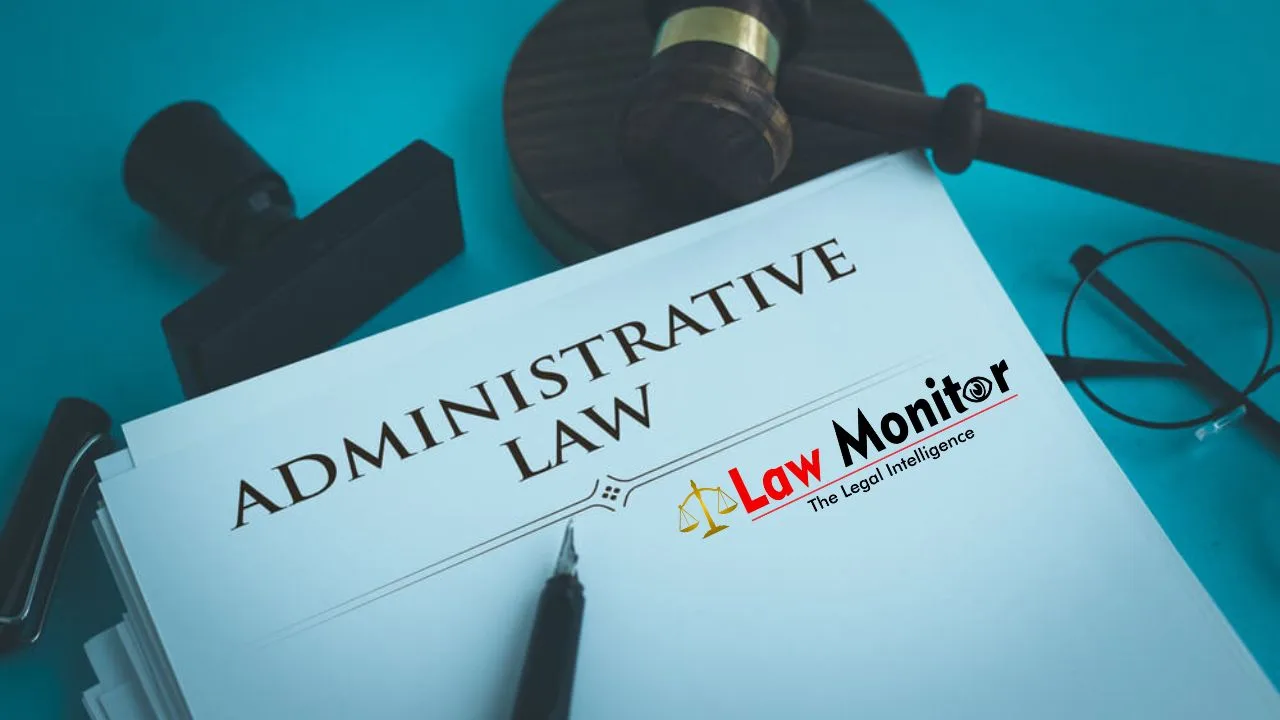The Rule of Law, as per the Oxford Advance Learner’s Dictionary, embodies a society where both citizens and the state are governed by legal principles.
Its conceptualization by A.V. Dicey in 1885, in the book ‘The Law and the Constitution,’ remains fundamental to the English Legal System.
Dicey delineated three interlinked but distinct rules:
1. Supremacy of Law:
Dicey emphasized the absolute dominance of law, excluding any space for arbitrariness. He warned against granting administrative authorities discretionary powers, believing it posed a threat to the rule of law. His doctrine upheld that the Government should be subservient to the law, not the other way around.
2. Equality before Law:
According to Dicey’s second principle, irrespective of social or economic status, all individuals should receive equal treatment under the law. Whether a government official or an ordinary citizen, the law must apply to all without bias.
3. Predominance of Legal Spirit:
Dicey stressed the pivotal role of the courts in upholding the rule of law. He advocated for courts to be independent, ensuring fairness and justice for citizens, safeguarding their liberties and equality. Mere inclusion of rights in a constitution wasn’t sufficient; mechanisms to enforce and protect these rights were imperative.
Rule of Law in the Indian Context
The Indian Constitution, drawing from both American and English legal frameworks, embeds the Rule of Law in its Part III. Citizens can seek redress in the Supreme Court or High Court, as per Articles 32 and 226, for violations of fundamental rights, akin to filing writ petitions.
The Constitution reigns supreme, and all branches—legislative, executive, and judiciary—are subservient to it. Any law in contravention of the Constitution is deemed invalid.
Landmark Applications in India
- Supreme Court vs Union Of India (1993) (Equality before law): This case reaffirmed the importance of an independent judiciary and its role in upholding the rule of law, ensuring participatory democracy, and delivering social justice to vulnerable sections.
- CSC Punjab vs. Om Prakash AIR 1969 SC 33 (Supremacy of Law) (1969): Referencing the American case Youngstown Sheet & Tube Co. v. Sawyer, it emphasized that the rule of law rejects the notion of governmental immunity from legal control—a concept foreign to constitutional ideals.
- Hotel Dwaraka, Hyderabad vs The Union Of India and Ors.(1985): This case highlighted the tenets of federalism—weakness of government, conservatism, and legalism, with emphasis on the judiciary’s predominance in upholding legality.
In Conclusion
Upholding the Rule of Law is crucial to a nation’s democratic fabric and ensures administrative bodies operate within legal constraints. Adapted differently across nations, it establishes equality and governance by law. India, bolstered by a robust and independent judiciary, upholds this principle through its Constitution, setting a powerful precedent for the rule of law globally.
References:
- https://indiankanoon.org/doc/753224/
- https://indiankanoon.org/doc/938648/ (Para (e))
- https://indiankanoon.org/doc/363745/
- Administrative law by ‘H.D.Pithawalla’ Pg No. 19,21.



